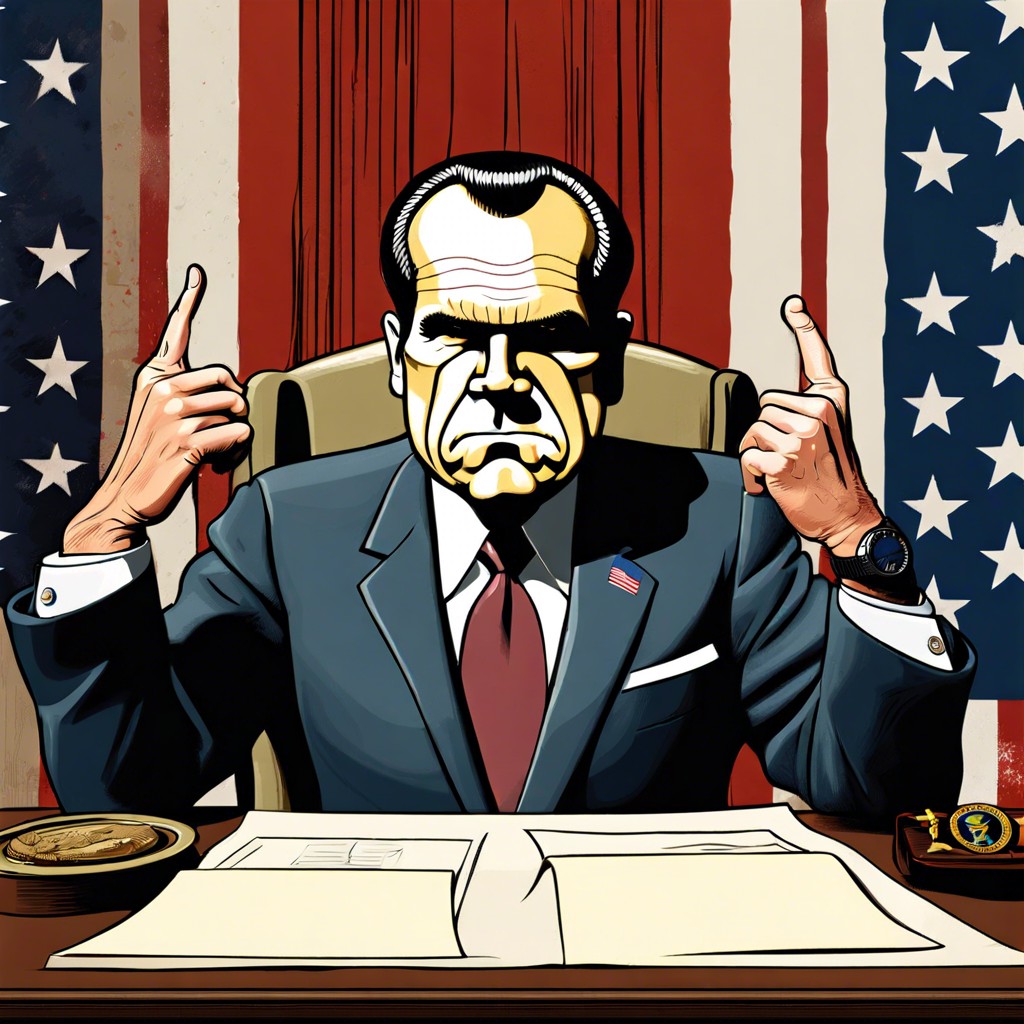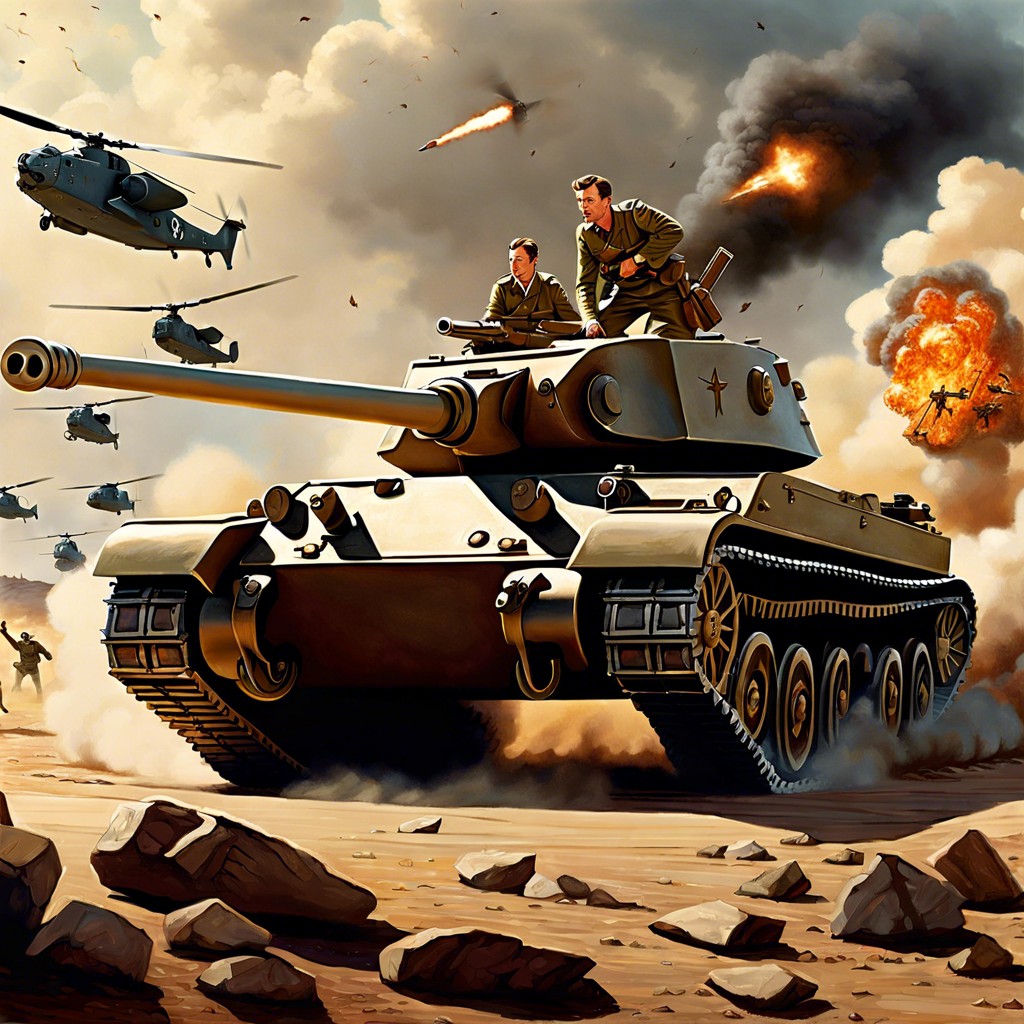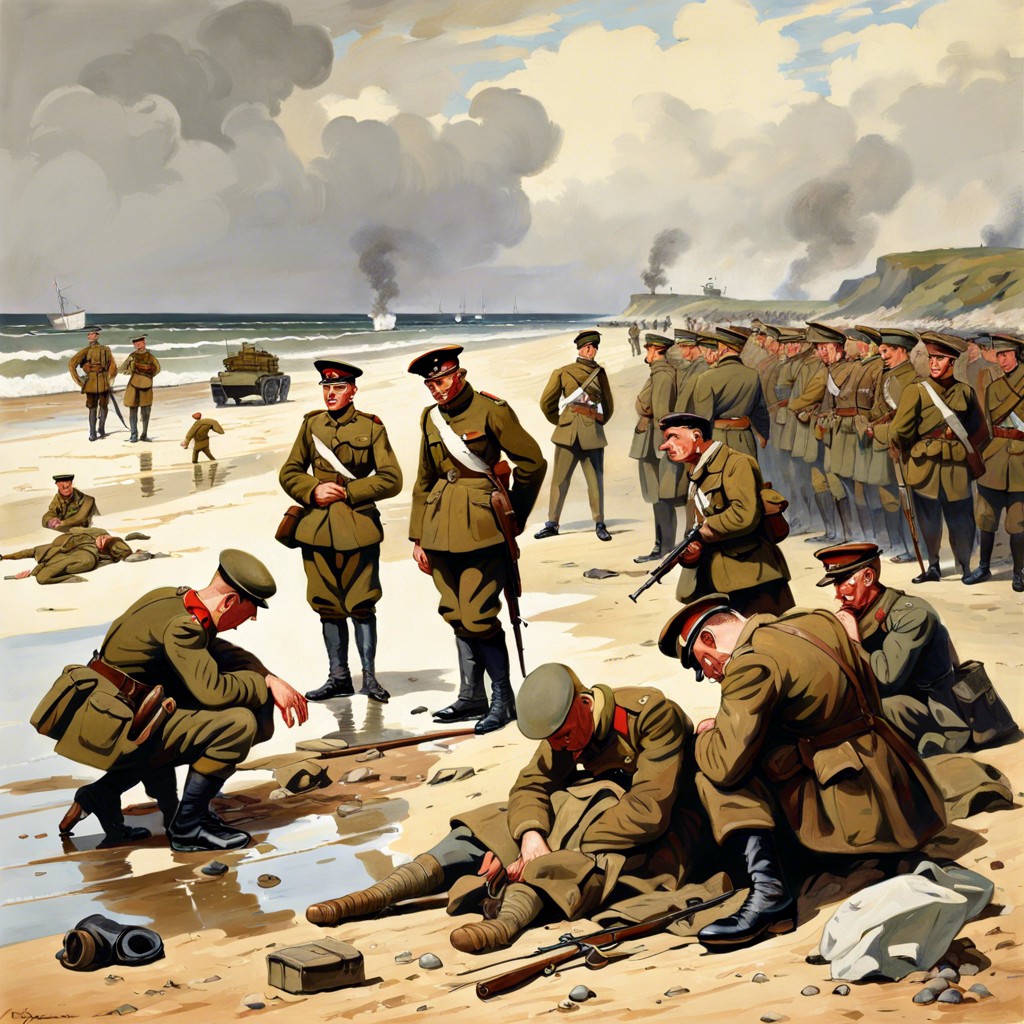This article imagines how American politics and society might have changed if Richard Nixon had won the presidential election in 1960.
Imagine a world where the canny Richard Nixon snagged the White House in 1960, changing the script of history with a plot twist! From the fierce standoffs of the Cold War to the Civil Rights Movement’s heartbeat, the very essence of the Space Race and even the glitzy madness of political campaigns would paint a different picture. Buckle up, because diving into this alternate reality promises to reshape your understanding of history’s main characters and even upend a few iconic moments!
Key takeaways:
- Cold War tensions: Nixon’s aggressive anti-communist stance may have escalated conflicts with the Soviet Union.
- Civil rights delays: Nixon’s legislative approach might have slowed progress for equality.
- Space Race shift: Nixon’s focus on practicality may have altered moon landing priorities.
- Economic conservatism: Fiscal policies under Nixon could have favored businesses over social programs.
- Media evolution: Nixon’s media savvy could have shaped modern political advertising tactics.
Shift in Cold War Dynamics

Nixon’s victory in 1960 would have wielded a profound influence on the Cold War chessboard. First up, the Cuban Missile Crisis might have been more of a Cuban Missile “Miscalculation.” Known for his staunch anti-communist stance, Nixon could have acted more aggressively, potentially escalating tensions with the Soviet Union. On the other hand, he had a reputation for pragmatic diplomacy, which might have led to some eyebrow-raising backchannel negotiations.
Vietnam? Brace for a different narrative. Nixon, keenly focused on containing communism, could have escalated the U.S. involvement years earlier. Imagine Operation Rolling Thunder kicking off in 1962 instead.
And then there’s the U.S.-Soviet diplomatic tango—Nixon was notorious for his savvy realpolitik. Before he sat on his political time bomb, he had a knack for understanding the global stage. We could’ve seen détente strategies a decade early, reshaping the power plays between Washington and Moscow.
Civil Rights Movement Trajectory
Imagine a world where Nixon, fiercely pragmatic, handled civil rights. It’s intriguing. His legislative savvy might’ve pushed different buttons.
Civil rights legislation could face delays or creative re-routing. Perhaps Nixon aims to placate Southern voters, seeking a slower path to equality.
Yet, there’s irony in parallels: Nixon established desegregation policies later. So, expect begrudging progress, wrapped in political calculus.
Civil rights leaders? They’d pivot strategies. A Nixon presidency might amplify grassroots activism, forcing issues into the light through sheer frustration.
Lastly, Nixon’s Southern strategy – we’ll get to that. But picture this: an altered civil rights landscape, a mosaic of slower change, and relentless activism. A different flavor of 1960s upheaval, no less potent.
Space Race Developments
Under a Nixon presidency, the race to the moon might have taken a detour. Imagine America’s space program with a few extra craters. Nixon, known for his pragmatic approach, may have shifted focus from moon landings to other space explorations. Instead of Neil Armstrong’s giant leap, we might’ve had a robot planting the flag on the lunar surface.
Think about budget reallocations. With Nixon’s fiscal conservatism, NASA’s budget could have experienced some interesting adjustments. Picture more satellites and less Apollo glitz.
Nixon’s foreign policy focus might have fostered more international collaborations in space. We could have seen American and Soviet space engineers sharing borscht and blueprints, long before the International Space Station.
Buzz Aldrin might’ve ended up on Dancing with the Stars instead of dancing on the moon.
Economic and Domestic Policy Changes
Nixon’s economic policies would likely have taken a different tack. Imagine a stronger emphasis on fiscal conservatism, slashing spending where feasible. Nixon might have preferred tax cuts to stimulate the economy, likely favoring businesses over individual taxpayers.
Social programs could have faced the axe, shifting the landscape of American welfare. Think Medicare—its 1965 birth might have been seriously threatened or reshaped under a Nixon administration. Public schools and universities? They might have experienced tighter pursestrings, impacting investments in education long before today’s debates.
But let’s not forget housing policies. Nixon could have promoted suburban growth even more aggressively, potentially accelerating urban decline. Picture sprawling suburbia, white picket fences for days, but with struggling city centers in the background.
Jobs? Picture a cautious approach. Nixon’s administration might have been keener on letting market forces work, resisting heavy direct intervention. Labor unions might have found themselves at odds with a less sympathetic federal government.
Media and Political Campaign Evolution
The 1960 election had already marked the dawn of Presidential debates broadcast on television. If Nixon had emerged victorious, it’s likely we’d see a different trajectory for media in politics.
First, Nixon’s adeptness in navigating television and radio might have accelerated the importance of polished media personas. He learned hard lessons from his sweaty, unshaven appearance in the original debates against Kennedy. Winning would mean becoming the poster child for ‘media-savvy’ politicians.
Second, the use of political advertising could’ve taken off sooner. Nixon recognized the power of mass media; his campaign would likely have poured more resources into creating sophisticated ad campaigns, perhaps setting trends decades in advance.
Third, the notion of ‘spin doctors’—experts hired to shape a candidate’s image and messages—would probably have gained prominence quicker. Nixon’s team always included sharp strategists. Had they been in the White House, the art of political messaging might have looked very different.
And oh, the drama! Imagine Nixon leveraging media to navigate controversies. We might have seen the birth of the ’24-hour news cycle’ much earlier, as journalists tried to keep up. A more choreographed, image-centric political landscape is a fascinating thought—and a bit of a headache!




